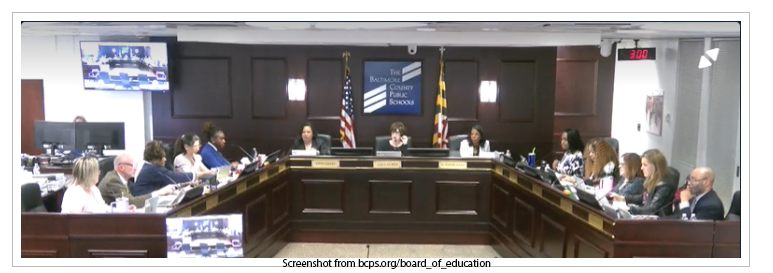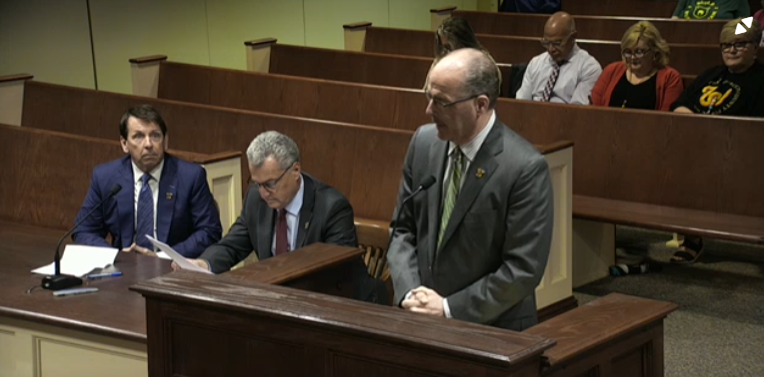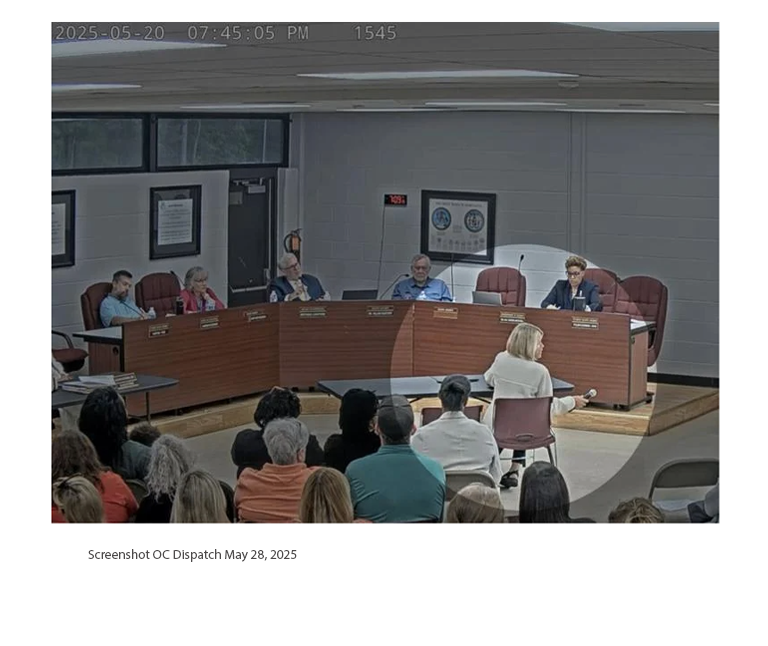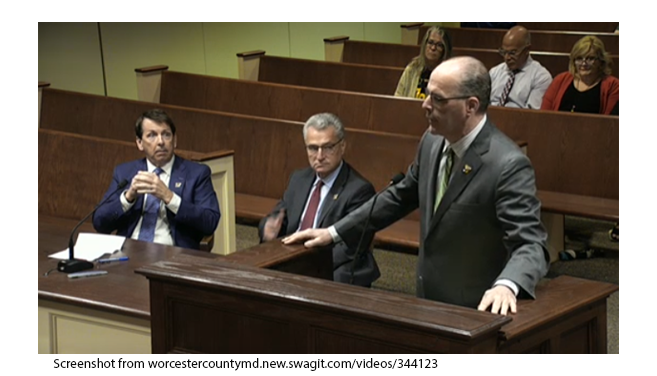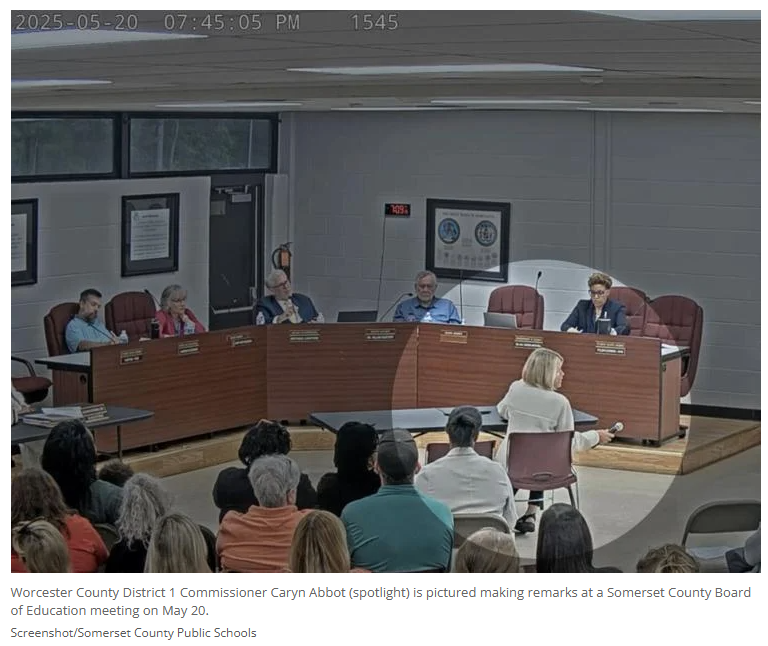
‘Never Get Into Teaching’: The Message We Need to Stop Sending Students (Opinion)
Hiring season is here.
School systems around the country are looking to staff up and address retirements, job changers, and leavers of all kinds. This is the time of the year that principals vacillate between dreamy ambition about how to strengthen their staff for next year and outright panic that they won’t have enough people in classrooms to open for the first day of school.
It’s an annual ritual.
About This Series
In this biweekly column, principals and other authorities on school leadership—including researchers, education professors, district administrators, and assistant principals—offer timely and timeless advice for their peers.
As that yearly tradition gets underway, I’d like to take the opportunity to challenge all of us who have responsibility over hiring and staffing decisions to undertake that work in a way that meaningfully invests in the future. Principals and district leaders should absolutely be focused on getting the best teachers and school staff that they can today, but they should also think about the actions they are taking that shape what talent may walk in the door five and 10 years from now.
A principal or school leader can start by looking at the talent sitting in their high school homerooms right now.
Especially for Black and brown students, the power of positive experiences with culturally competent teachers is well established. Black and brown students do better when they have more Black and brown teachers and when they have teachers that make them feel understood and safe. That kind of connection also shapes how those students think about the teaching profession.
In my work with the Center for Black Educator Development, I have heard countless stories that echo my own experience that Black men are more likely to consider a career in teaching when other Black educators invite them into the profession. It was a Black teacher that showed me my future in the profession. Despite the utter dearth of Black men in teaching (fewer than 2 percent of teachers nationally identify as such), it took just one to show me the rewarding and enriching potential of a career in the field.
A recent study of teachers of color by Donors Choose found that 50 percent of respondents were inspired to become teachers by their experience with another teacher when they were a student. How we teach students is also how we present the profession to our high school students—-classroom instruction is truly the primary recruitment ground for future teachers.
Unfortunately, we rarely treat it as such. As education professor Christopher Emdin shared with our Black Male Educators Convening participants, recruiting young Black men into the profession often is like recruiting someone to return to the scene of a crime, a crime committed against them.
How many times have we overheard a colleague casually telling their pupils to “never get into teaching” or something similarly dismissive of the profession. Those words matter, those sentiments give shape to perceptions that influence future choices. We should approach these things with some degree of intentionality—especially as Black and brown educators interacting with Black and brown students.
That’s because the high school years for our Black and brown students are especially important for shaping their sense of agency and associations with the teaching profession. Many Black and brown students attend majority nonwhite high schools, but of those who go onto college, many will often do so at a predominantly white institution. Diversity in teacher-prep programs outside of historically Black colleges and universities is abysmal, according to research by TNTP. As a result, we need to give Black and brown students all the momentum we can coming out of high school.
That means providing an inspiring and empowering experience of teaching. We would never tell our students to shirk from fighting for a more just and equitable society because it’s too hard or because the work can be less than ideal at times. In the same way, education leaders should share how empowering it can be to work to improve schools, strengthen learning, showing students that by learning from our mistakes, we can run faster, go further, and move toward a more just and equitable public education system.
We can be transparent and share what activism, organizing, advocacy, and teaching well looks like and how it comes together. By inviting our youth not only into the profession, but also giving them opportunities to share their educational experiences and using that to inform our policies and practices today, we will attract more students to consider leading a classroom of their own one day.
Get The Savvy Principal
Delivered Sunday morning, this newsletter has essential news, information, and career resources specifically for school leaders.
At the Center for Black Educator Development, we have found that our paid teacher apprenticeship for Black high school and college students allows the youth in our communities to explore the mindsets and skills necessary to be effective educators. Since we launched the program in 2019, the early exposure and experiences have already produced more than 30 graduates who are now teachers or in a teacher-residency program. When we give young people hands-on experience in paid high school teacher apprenticeships, they are invigorated to see the connections between education and racial justice. When they understand the real history of public education in this country, they recognize that teaching superbly is the purest form of activism.
Discouraging students from exploring a career in teaching is to discourage them from embracing their agency; it pushes them to give into despair and helplessness. It reinforces inequity and injustice. Instead, what if we helped them see that there is no higher calling than to teach children well. There is no better way to challenge the system and remake it for the better than to run toward a career in teaching.
Dig Deeper With Our Longreads
Newsletter Sign up to get our best longform features, investigations, and thought-provoking essays, in your inbox every Sunday.
The MEN was founded by John Huber in the fall of 2020. It was founded to provide a platform for expert opinion and commentary on current issues that directly or indirectly affect education. All opinions are valued and accepted providing they are expressed in a professional manner. The Maryland Education Network consists of Blogs, Videos, and other interaction among the K-12 community.


